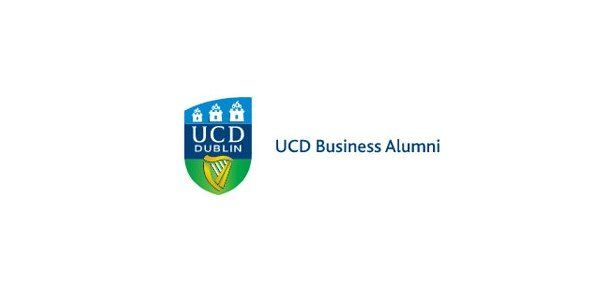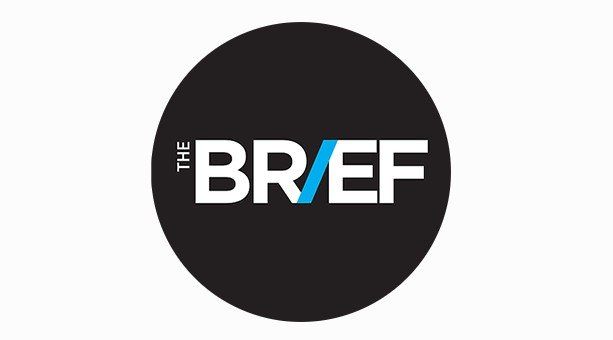Media

Growing Your Business With Innovation and Divergent Thinking Sinead Connolly, CEO and founder at Lotus People , has been running the office support and HR recruitment agency for eight years. Owing to its creative approach to recruitment, the agency has tripled in size since early 2021, with more than 20 staff members across its Sydney and Brisbane offices. Empower Everyone to Contribute “To manage growth, we’ve implemented committees for diversity and inclusion, performance and continuous improvement, corporate social responsibility, and social get-togethers. Each of these committees pulls everyone into a room to talk about what’s working, what’s not and brainstorm ideas. In my mind, creativity in leadership is about giving people space to come to the table and feel empowered. We've seen huge results from this approach. Some of it is around clarity and communication of policies. Some of it is simple changes that impact the day-to-day, like occasionally moving our regular morning meeting to the afternoon to encourage team bonding, which can be impacted by hybrid working. Use Technology to Innovate and Inspire Business Growth Investing in automation software is helping to improve our marketing. It’s not necessarily an innovative approach in marketing, but it’s innovative and inventive in our sector. The software produces a ‘hot leads’ list that shows us how, say, 250 potential clients have engaged with us: perhaps they’ve downloaded reports, clicked a particular link or revisited the website. Having this data and being creative in how we use it to go out to market [by the sales team being able to contact people in a more targeted way] results in an immediate lift for our sales team.” Sinead’s creativity tip: “Give your team time and space to be creative. We tend to fill our diaries and schedule our days, which can get in the way of creativity. [American business magnate] Warren Buffett always said he never had anything in his diary other than an appointment for a haircut!” Read more at officeworks.com.au!

Currently on an award-winning streak for providing exceptional candidate experience, Lotus People is leaning more heavily on tech and automation to ensure no applicant can slip through the cracks, according to director Sinead Connolly . The agency was awarded Recruiter Insider's 'best agency for candidate experience' for the March quarter; it took out the award in 2022 and has ranked at the top for the past three years. (Connolly was also recognised as 'recruitment leader of the year' at the 2022 SARAs .) But there's still room to improve, and the agency has been working hard on implementing a "trigger-based" automation system over the past nine months, Connolly tells Shortlist; using Roi-AI , it aims to minimise time spent on "mundane" day-to-day tasks and focus more on interpersonal skills. "[Candidate experience] is a huge focus of ours. It's built into all of our training, all of our processes, so that applicant journey and candidate experience throughout the process is really important for us," she says. "The type of things we're doing is putting in place safety net systems so that no candidate can ever go missed." Connolly says the system needs a lot of training and "human effort" to ensure candidates are always correctly coded and followed up. Lotus aims to ensure every applicant receives a phone call or response via email, but ensuring this consistency means the agency can continue to "go above and beyond" the industry in its candidate care. The focus has been on coding and intuitive processes, with the trigger-based system meaning, "if 'X' happens, then let's make sure 'Y' happens on the system and making sure that people fall into the right funnels". "If [candidates] do get missed, then immediately we will jump into automation, and they will have reach out from us," she adds. The goal is using automation to bolster and improve candidate experience "rather than minimise the amount that we're dealing with people", Connolly says. "Often people's fear is that it will take away the human connection, whereas we're trying to expand on that." "Smarketing" strategies The agency has also implemented significant automation in its sales and marketing strategies, Connolly says. After engaging an external marketing consultant and running a training session on "smarketing", the agency overhauled its sales process and adopted another trigger-based approach to "make lives easier for consultants". "It was a really positive experience and I think for us, it's thinking about sales and generating leads but from a marketing perspective," she says. "So, we're looking a lot at segmentation. I'm not a marketer. I lean more towards a strong interest in it; the psychology behind marketing fascinates me." Connolly gives the example of an EDM campaign that tracks how prospective clients interact with the emails, for example by clicking on specific links, and separates them into different groups or funnels to receive more tailored follow-up emails and sales approaches. "We're a very values-based agency, where we're always creating whitepapers, and salary surveys, and running webinars, and running events, and so, we always have the hat on of 'where can we add value?'" she says. "So, if people engage in that value, and engage in that content and come on the journey with us, then it's a lot easier for a consultant to call [them]." She notes the agency has turned away from the "older school sales approach" of cold calls and is very much for the "evolution of sales", which is heavily content-led. Embedding tech While Lotus People has implemented a huge amount of tech in recent years, Connolly says, "I don't think you're quite ever done with the technology side of things, because we've put so much time into implementing it and all I see is further opportunities to leverage it". She stresses the importance of embedding technology correctly rather than "leaving it on the shelf and seeing what happens with it". "At Lotus, I am a strong believer of having champions for each bit of technology that we launch, so someone in the team is also responsible for it. Leadership are very involved in implementation and tracking success and usage as we go," she says. Connolly suggests a fine line exists between optimising usage and overloading teams with technology to the point where it might not be effective anymore. "Ideally, you'd use all of them and that would save you all the time in the world, but in reality it does take the brain a lot to get its head around new systems," she says. She recommends focusing on engagement from the outset when implementing new tech systems and ensuring successful results by having a "strong measurement and feedback loop in place". Do you have news to share? Email the Shortlist team with your comments, information or tips.

Just four years after arriving in Sydney and starting her career as a recruitment consultant, Sinead Connolly established Lotus People, a boutique agency with the mission of setting a new standard in the industry. The business was one of the fastest growing start-ups in Australia last year. Read More

Written an accurate job description? Check. Prepared some heavy-hitting interview questions? Check. Read every candidate’s resume thoroughly? Check. Whether you’re a novice hiring manager or you’ve been at the game for a few years, you’re probably well-versed, most people understand the fundamentals. But what about the possibilities you haven’t considered? Read more

Sinéad Connolly has just turned 30 but she has already achieved a great deal since graduating in commerce from UCD in 2009. The Dublin woman is a director and founder of Sydney-based Lotus People, a recruitment company supplying support role staff such as receptionists and secretaries. She has been nominated for, and won, a host of business awards. Read More







